Can Degu Be A Good Pet? How To Keep It? A Stepwise Guide

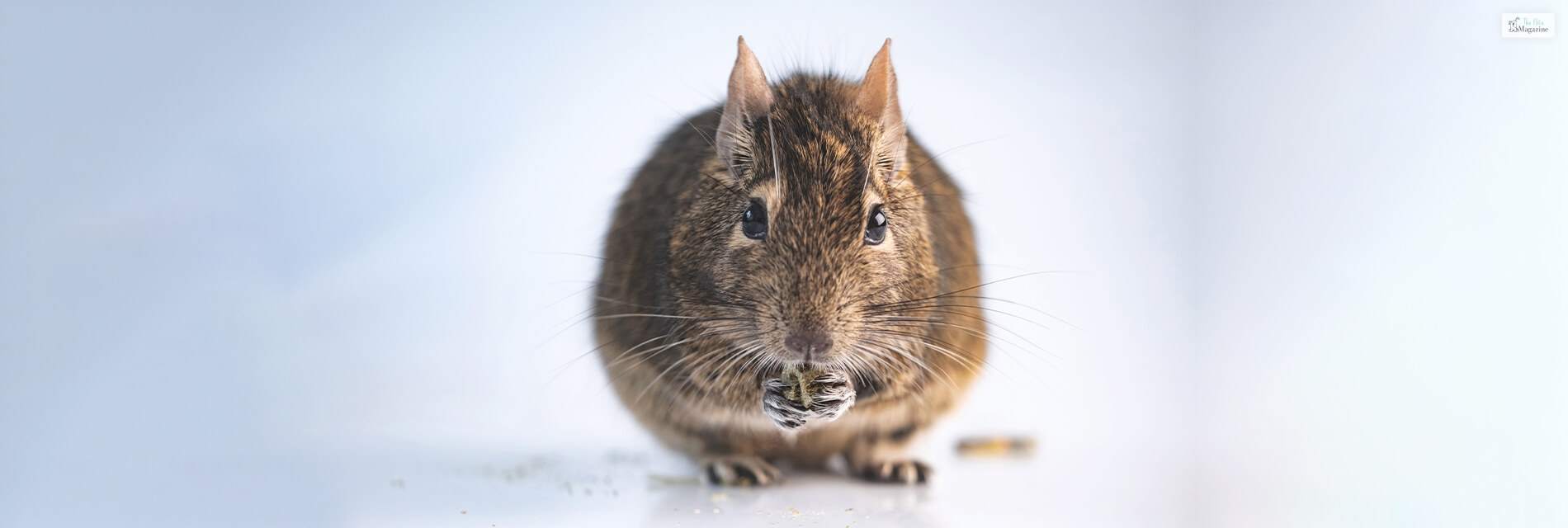
If you are an animal lover and collector of exotic animals, then you might wanna consider a Degu for a pet. If you have never heard of a Degu, then they are small hystricomorpha rodents. They are predominantly found in Chile and like to live in groups like most small animals in the wild.
These are only among the few types of rodents that are day dwellers, unlike most of their species. And they really thrive in captivity. They are very likable animals, craving belly rubs and other forms of social interaction. The Degu rodent is larger than a hamster but is smaller than some fancy rats.
Overview
| Common Name | Degu |
| Scientific Name | Octodon Degus |
| Kingdom | Animalia |
| Phylum | Chordata |
| Class | Mammalia |
| Order | Rodentia |
| Family | Octodontidae |
| Genus | Octodon |
| Color | Black degu and red |
| Size | 9 to 12 inches, weight 6 to 11 ounces |
| Degu Lifespan | 6 to 8 years |
Can Degu Be A Good Pet?

Degus are considered exotic animals, so it’s needless to say that there are certain things you need to consider before keeping one as a pet.
1. Legality
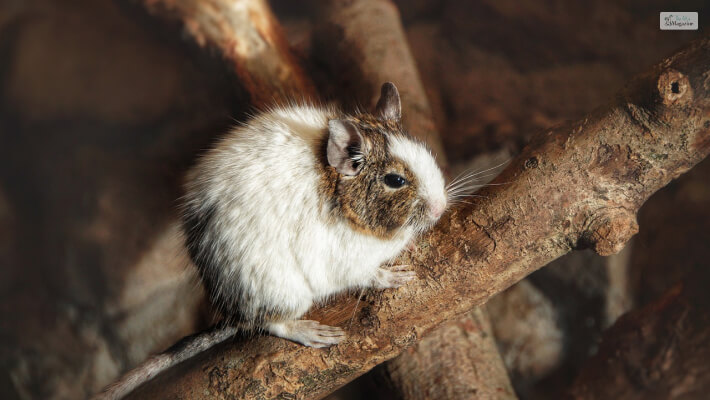
Since Degu are exotic animals, there is always an issue with whether they are legal to keep as a pet or not. In some states within the United States, Degu’s are considered illegal to own as they are invasive species.
So it is better if you check your state and city rules and regulars before owning one. In some places, they even require health certificates before owning one.
2. Behavior & Temperament
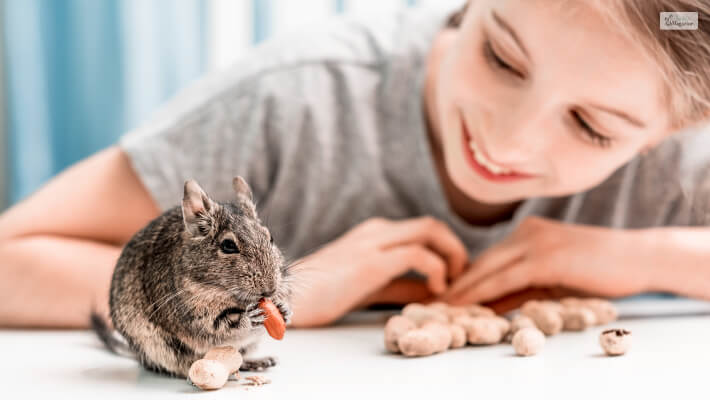
Like any other rodents, Degus are pretty easy to tame and domesticated if started from a young age. Other than having a single degu, having a pair of same-sex degus with other pairs is the best.
They are very sociable animals and need sufficient exercise and social interaction, or they will act out and become neurotic. They are very curious animals and love to play.
Degu is sometimes known to chat with you, using some chitter sounds. Sometimes you can also hear loud, high-pitched screams when they are stressed or threatened or if their food is stolen.
When they are cornered or feel threatened, that is only when they resort to biting. Their bites are hard and might injure you.
3. Housing
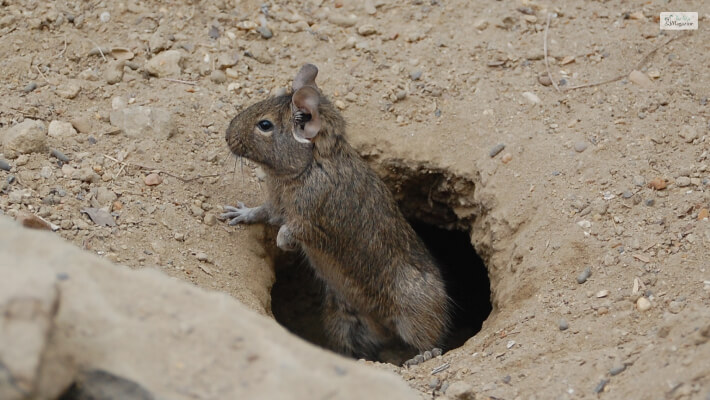
Degus are very active animals and love to play around. This is why the Degu cage should be large. The minimum size of the cage should be about 24 inches by 18 inches and 24 inches; this will easily accommodate two degus easily.
But if you find an even larger cage, that will also be great; the bigger, the better. There are multilevel cages made for ferrets and chinchilla degu; those cages would be perfect for a Degu as they would help in satisfying their need to climb. If the cage is not multilevel, you can put solid rock
You can also place nesting boxes made of thick cardboard or wood or ceramic or terra cotta pots in their nest to mimic the burrows that Degus dig in the wild.
Degus are prey species, which means they get easily spooked by loud noises or lots of movements. Make sure that the roof of the cage is made of solid material so that your Degu feels safe and secure in their enclosure. The floor of the cage needs to be plain and smooth and not wired. The walls of the cage should be made of metal or wire. This is because Degus are avid chewers and can easily chew through wood, plywood or plastic and escape.
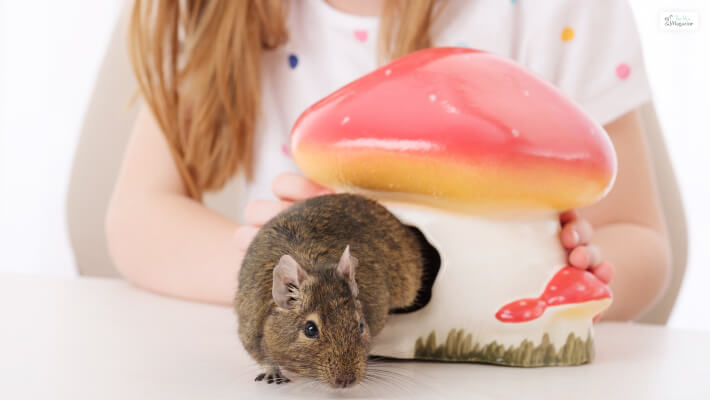
Since Degus are keen chewers, so you need to make sure that the cage is built of some kind of metal or wires. You should avoid wood or plastic as they will chew through it. And also, you need to make sure that the cage has a nesting replica that looks like a burrow.
4. Degu Food & Drink
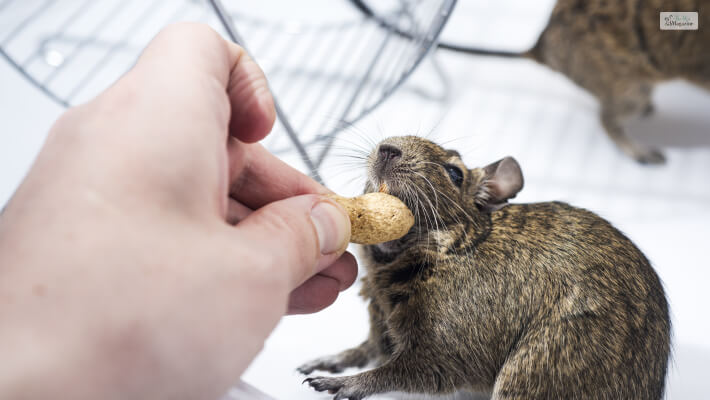
The diet of a Degu mainly consists of a lot of roughage and low carbohydrates. In the wild, Degus mostly feed on bulbs, tree barks and tubers. It is difficult to repeat this diet for degus in captivity, so the next best food you can feed them is high-quality guinea pig pellets or chinchilla pellets or even rodent blocks.
To provide a more balanced diet to your Degu, you can feed them nutrition-rich grass like Alfalfa or Timothy hay, which are available everywhere. In addition, you can also include fresh vegetables like sweet potato, carrots, leafy greens like spinach and parsley, and green beans within your Degu’s daily diet. Yellow vegetables like sweet potato and carrot is rich in Vitamin C which is an essential component for Degus for maintaining their dental health.
You should avoid giving cruciferous vegetables to your degus, like cabbage, Brussel sprouts, and kale. Their stomach can’t handle these types of vegetables in high amounts.
5. Health care & Problems
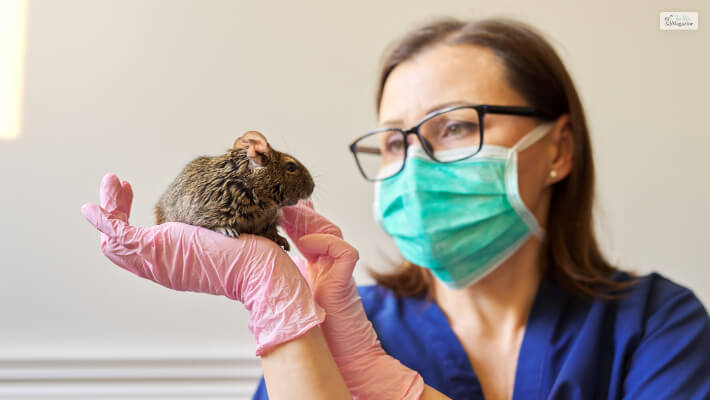
Although degus are very healthy animals in general, but they have certain health issues. As they cant produce their own insulin, they cannot process carbohydrate and sugar and therefore are at high risk of diabetes. The signs of these are weight gain, excessive urinating, cataract development.
Degus are a high risk of bumblefoot, which is a bacteria-infused infection that sores your foot. For its treatment, you would require antibiotics. Degu care is quite easy until and unless they have any health issues.
Since degus are avid chewers, dental and mouth diseases are very common. Dental issues in Degus are usually caused due to poor diet, boredom and not getting enough opportunities to chew on things. Sometimes degus also inherit dental health issues from their parents.
It should also be noted that like other rodents, degus also constantly growing teeth, which needs to be weared down. Hence you should include a lot of hay in your degu’s diet. In addition, you need to buy safe and appropriate chew toys for them and put it in their cage. Even dry skin is a huge possibility so keep their cage clean to prevent unsanitary conditions. Dust bath on a regular basis can also help in preventing dry skin condition.
To prevent mouth disease, you can provide your degu with a fresh bowl of hyperchlorinated water each day. You can prepare the chlorinated water by mixing 1-2 drops of household bleach in your degu’s bowl of water.
6. Exercise

Since degus are very energetic animals, they love to exercise. So you should keep a lot of exercise options for them to play around in the cage. Consider keeping an exercising wheel inside and lots of chew toys for them. You can keep a solid-surface exercising wheel in the enclosure for them to exercise, just like a hamster.
Along with that, you can put solid branches (made of apple, beech or pear) or hang thick ropes to encourage your Degu to climb and jump. And since degus love chewing on things, keeping some wood blocks and chew toys specifically created for rodents would be a great idea.
7. Grooming

Degus are known to shed or rather molt their old feathers or fur once a year. But if you see it happening more than once, call your vet. Like any other rodents like hamsters or chinchillas, degus need a dust bath on a regular basis to keep their fur clean.
You should put a shallow bowl of bath sand or bath dust and leave it in for about half hour for them to roll around. You should do this biweekly.
8. Reproduction
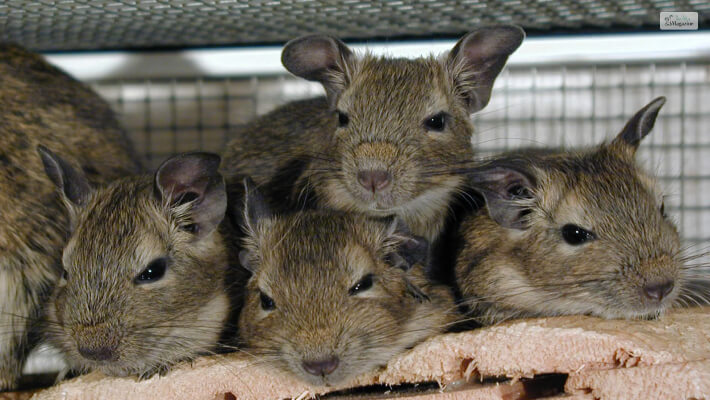
Degu’s are known to move in pairs. So if you are not looking for more degu babies, don’t get a female and male degu. If you do, make sure to neuter or spay them, or you will have a dozen degu babies to look after.
How to correctly handle Degus
Degus are social creatures and can be quite friendly with their human owners. But they do not really like being handled. In order to encourage them to bond more closely with their owners, they need to handled regularly and from a young age. You also need to learn the right way to handle a Degu.
Here are some tips on how you can do that:
- Place some treats on the palm of your hand and wait near the cage door for the degu to approach you first.
- Once they are standing on the palm of your hand and eating the treats, gently stroke them on their back.
- Give them time to be comfortable with you stroking them. Then gently pick them up by placing one hand under their hind end and your other hand cupped behind their back.
- Allow your degu to sniff you and explore your arms, shoulder, and legs. You can also give them treats at this time to create positive associations.
- Continue handling your degu like this for a few months until your pet gets used to being held.
Degu Pets: Yay or Nay!
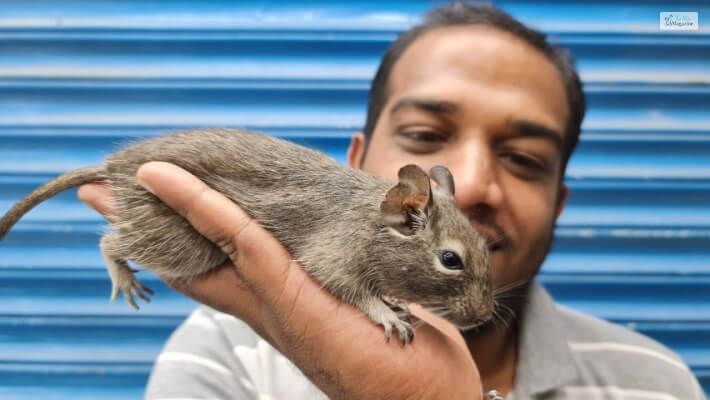
If you are looking to buy a degu, then there are advantages, such as they are very affectionate and easy to care for. No extra grooming is required, and they are friendly with other pets.
But there are certain disadvantages as well, such as they are very needy and need constant attention. And they eat constantly, so make sure to keep a lot of food.
Purchasing a Degu
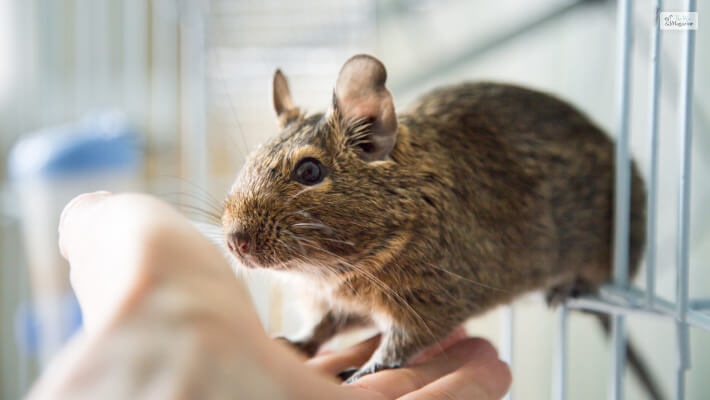
Degus are prolific breeders, so in pet stores, there is home-bred degu for sale. Degu pet costs about $25 to $100. You can even go for adoption from your nearest humane society.
Before purchasing your degu animal, observe it closely to spot any signs of health issues. Whether it’s footsore, dry skin, watery mouth, or even cloudy eyes.
Frequently Asked Questions! (FAQs):
Though I have provided everything you need to know about degus, here are a few questions that are asked by a few people.
Degus are very sociable and intelligent animals who love to play and be active. They are very affectionate towards humans, which makes them great pets and easy to keep.
Degus are small rodent animals from Chile. They are great pets. They are very social and love to play.
No, degus do not stink, but they do make a squeaky sound through their nose when they are irritated or threatened.
Wrapping Up!
Since you have been informed everything, there is to know about degus. Now it’s totally up to you whether you wanna keep one as a pet or not.
Although they are great as pets, but are great as pets and are very affectionate. So after knowing all their characteristics and nature and behavior, you can decide whether you wanna buy one.
Read Also:
• Fennec Fox: Diet, Habitat, Picture, 10 Fun Facts





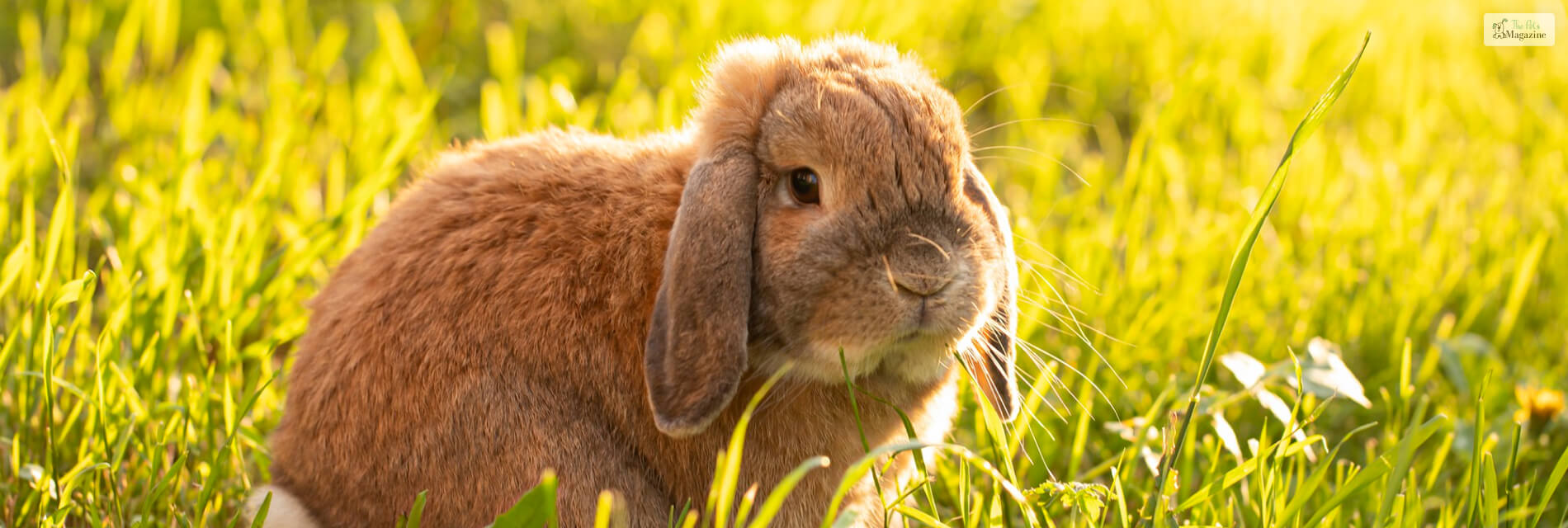
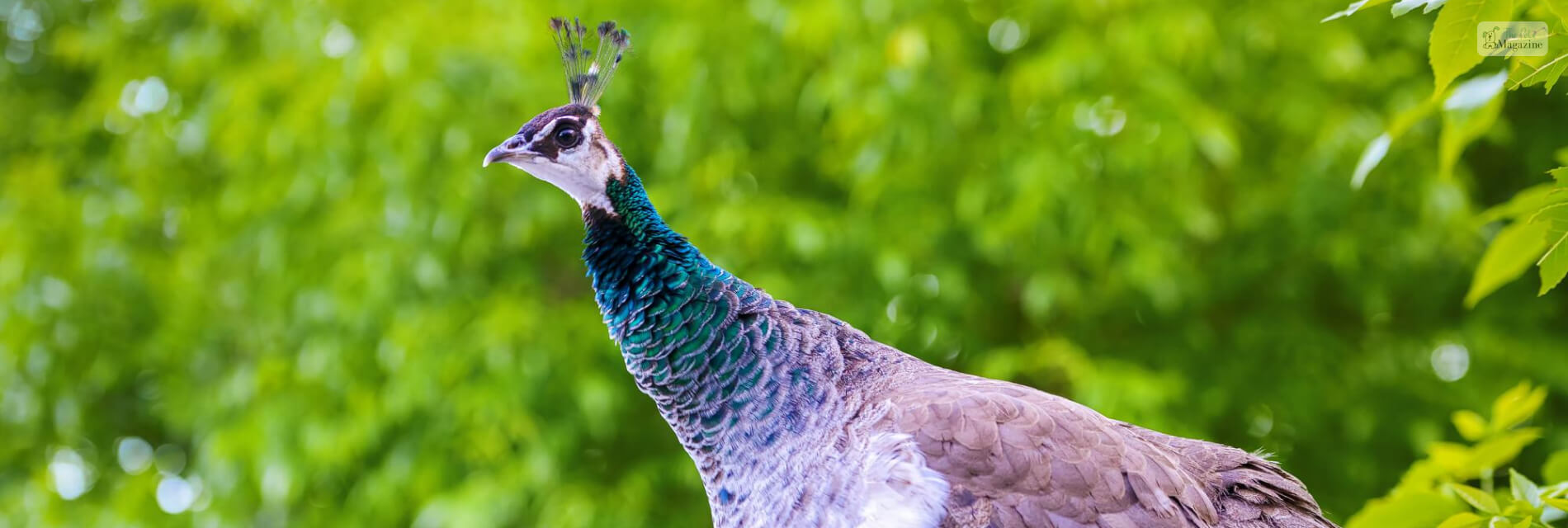
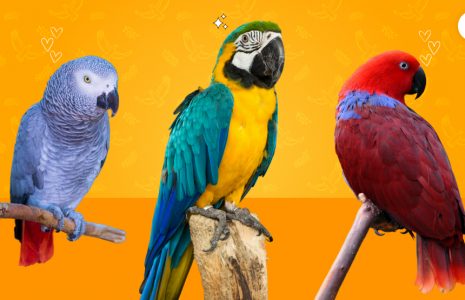
Leave A Comment